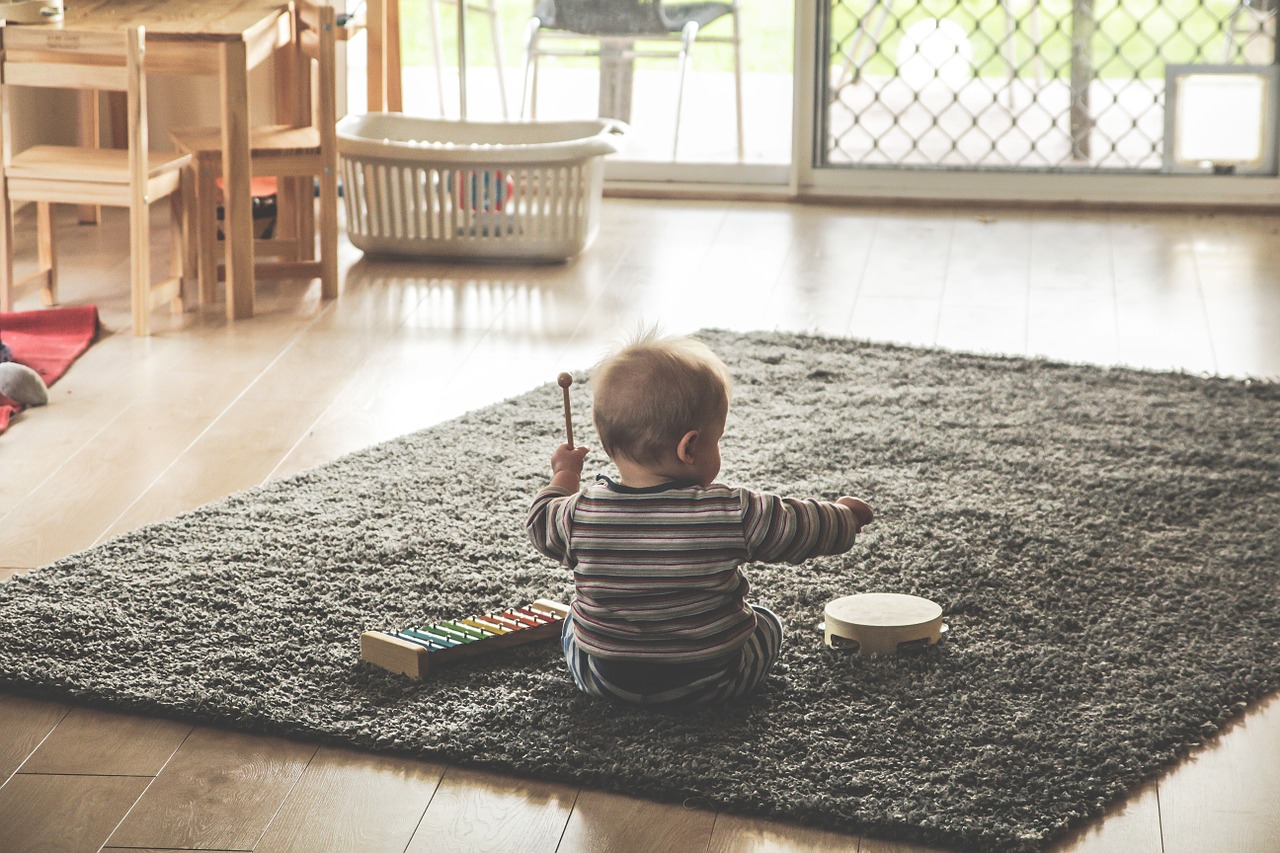Author: Benita Adolph, Speech-Language Pathologist, with Ronni Rowland, Writer
Did you know that early exposure to music develops a child’s communication skills? Research shows that music enhances children’s vocabulary, sentence development, sequencing, phonological awareness, listening skills, memory, concentration, and much more. “Children’s songs are often predictive and repetitive,” says Benita Adolph, ELG speech-language pathologist. “This helps children at all developmental stages learn and consolidate new language more easily.”
Here are five ways to incorporate music into daily life:
1. Sing with your children.
Consider songs like Mary Had a Little Lamb or Old MacDonald. Their predictive structures makes them useful for introducing new vocabulary. “Once a child has learnt the basic framework of a repetitive song, they can concentrate on incorporating new words,” explains Benita.
2. Create your own song lyrics.
Help your child learn new vocabulary or concepts like rhyming and alliteration by creating your own silly song lyrics. Invent songs for everything, from cleaning up to trying new foods or getting ready for bed. Your child will not only learn new words but everyday routines too!
3. Play games with music.
Tap, clap, or snap a simple rhythm. Have your child repeat it back. Then ask your child to create a rhythm while you repeat. Use instruments or everyday objects to experiment with rhythms and sound. This activity exercises memory and concentration.

4. Show how you feel.
Music is connected to emotion. Share a variety of songs and music with your child and ask them how it makes them feel. Use this opportunity to introduce new words like excited, happy, peaceful, nervous, tired, etc.
5. Get moving!
A child doesn’t need to be fluent to be able to join in or benefit from singing songs, especially ones that involve gestures such as Twinkle, Twinkle Little Star or If You’re Happy and You Know It. “A young child may not be able to say ‘clap your hands, stomp your feet, sit down, turn around,’” notes Benita, “but by listening to the song and joining in with the actions, they will eventually learn that the words, ‘clap hands’, means completing a particular action.” This allows all children to contribute and be a part of the activity.
Music is a fun and easy way for children to interact and express themselves, as well as being a lifelong learning tool. “I still quickly sing the alphabet song in my head if I’m trying to find something in an alphabetically ordered list,” Benita admits!
